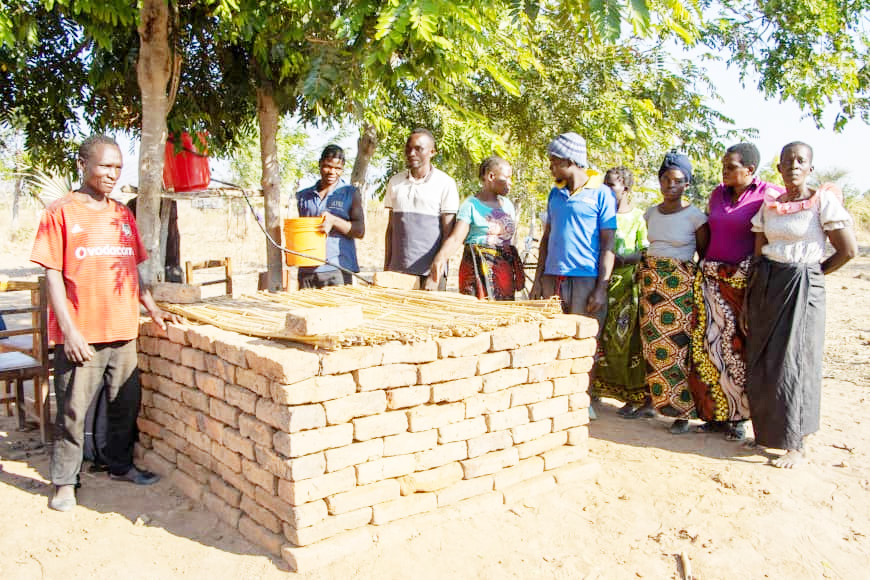Local refrigerator, a game changer
Farmers who grow tomatoes and other leafy vegetables in rural parts of Malawi are mostly at a disadvantage as they cannot store their produce for long before it goes bad, leading to losses.
But this is not the case for farmers in Mwachirwa Village in Bolero, Mzimba who can preserve their tomatoes for at least 21 days and seven days for vegetables without losing the freshness and quality thereby maximising profit.

The farmers in Traditional Authority (T/A) Chikulamayembe use locally made refrigerators called Double Ward-Zero cooling chamber.
In an interview recently, Thokozani Mpomba, who is a lead agronomist for Catholic Development Commission in Malawi (Cadecom)-an
implementing partner under the Transform programme–said the initiative is addressing the challenges of post-harvest losses for farmers in the area.
He said the local refrigerator uses local resources and it has two walls with sand and water placed in between for a cooling effect.
Said Mpomba: “The technology uses the humidity, where the air comes from outside and it goes in between the walls and then it brings the cool air inside. This technology can reduce Members of Nthamu incubator pose for a picture at their cooling chamber Insert, Mpomba post-harvest losses by 36 percent.”
He observed that farmers in the area have in the past grappled with the issue of post-harvest losses because of supply and demand, but now under the project, the farmers are being linked to off-takers so that their produce is bought in good time to maximise profits.
“We also encourage primary value addition where if 21 days elapse, the farmers dry their produce and sell the commodity during lean periods because the cooling chamber is only a temporary way of preserving the tomatoes and leafy vegetables as they are looking for the market,” said Mpomba.
One of the farmers from Chozoli Section in Bolero Extension Planning Area, Albert Katumbi the group made huge losses before introduction of the cooling chamber adding that on some day’s customers could delay coming and collecting the produce.
He said: “Customers are
sometimes unpredictable and when you are in the business of selling tomatoes and vegetables it is very tricky.
“Tomatoes cannot be stored for more than a week before starting to lose quality, but we are thankful to the funders for such good initiatives, and as farmers, we have been transformed.”
The programme aims to strengthen local food systems and demonstrate a sustainable improvement of food and nutrition security, income, and resilience to climate change.
It utilises simple and affordable micro-drip irrigation technologies to improve nutrition for children and access to markets for farm produce, among others.
Since the programme started, simple, affordable, and effective agriculture practices have been introduced to ensure smallholder farmers achieve quality and quantity for their homes and the market.





